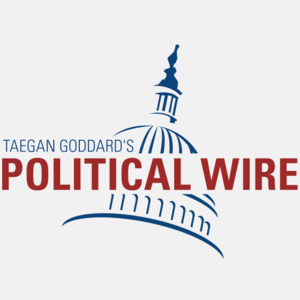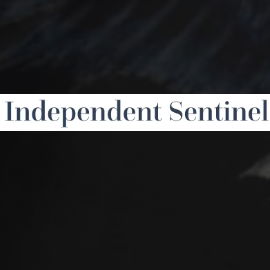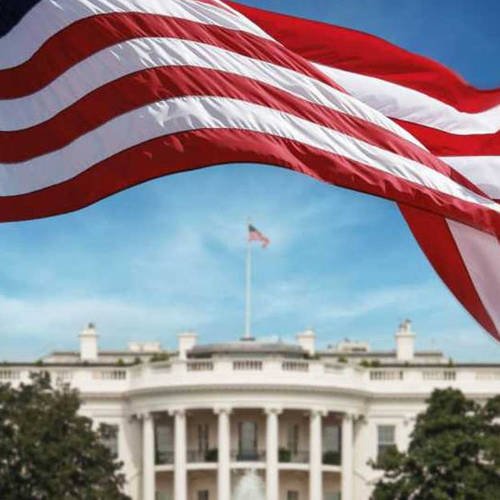- The Trump administration revoked security clearances for top national security officials and legal figures, citing “inappropriate activity” and election interference. Affected individuals include Antony Blinken, Jake Sullivan, Lisa Monaco, Letitia James and Alvin Bragg.
- The move follows an executive order targeting officials accused of misleading the public and engaging in political coordination against Trump.
- Critics warned the decision could weaken intelligence operations and set a precedent for using security clearances as a political weapon.
Full Story
National Intelligence Director Tulsi Gabbard announced Monday, March 10, that the Trump administration revoked security clearances for former top national security officials and legal figures involved in cases against President Donald Trump.
The decision affects former Secretary of State Antony Blinken, former National Security Adviser Jake Sullivan and former Deputy Attorney General Lisa Monaco.
Gabbard also barred access to classified information for New York Attorney General Letitia James and Manhattan District Attorney Alvin Bragg. James led the civil fraud case against Trump, while Bragg secured a felony conviction in Trump’s hush money trial.
Why did the Trump administration revoke security clearances?
The move follows an executive order signed by Trump. The president accused these officials of misleading the public and engaging in political coordination against him.
The order also targeted 49 former national security officials who signed a 2020 letter suggesting Russia may have played a role in amplifying the Hunter Biden laptop story.
Trump claimed their actions constituted election interference. He directed Gabbard to investigate others in and outside government for “inappropriate activity.”
Gabbard also revoked the clearance of attorney Mark Zaid. He represented a government whistleblower in Trump’s first impeachment case.
Zaid criticized the decision. He called it a violation of due process that punishes legal professionals for holding the administration accountable.
How does this break with precedent?
In another departure from past administrations, Gabbard announced that Joe Biden will no longer receive the President’s Daily Brief, a highly classified intelligence report traditionally shared with former presidents.
The Trump administration framed the move as a national security measure, while critics argued it was political retaliation.
What are the potential consequences?
Security experts warned the decision could weaken intelligence operations by cutting off access to experienced officials who have handled classified threats for years. Some former officials said the move may hinder the government from consulting past leaders on ongoing national security issues.
Trump also announced plans to revoke security clearances for attorneys at Covington & Burling, a law firm that employed lawyers who worked on past investigations into his administration.
The firm assisted former special counsel Jack Smith, who led prosecutions against Trump over his handling of classified documents and efforts to overturn the 2020 election.
The revocations are part of a larger effort by Trump to restrict access to classified information among officials he has accused of bias or misconduct. Critics said the move sets a precedent for using security clearances as a political weapon.









































